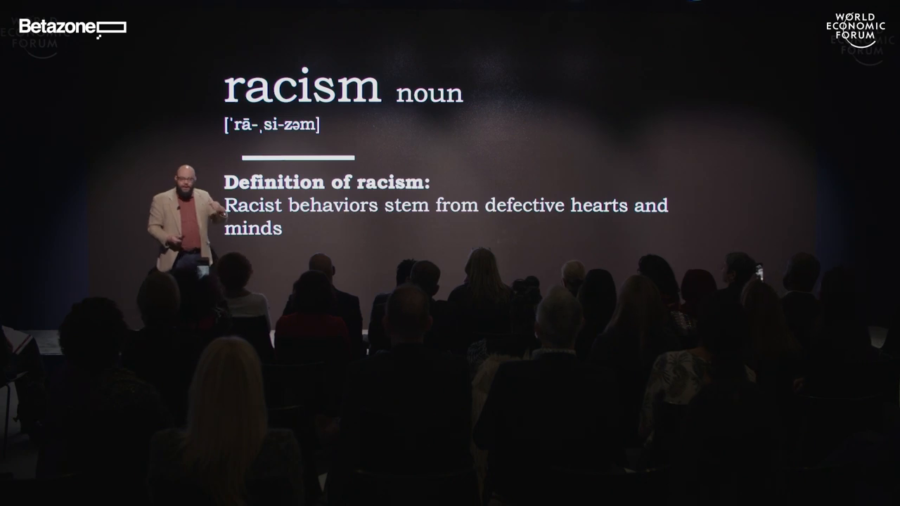I want to talk to you just a little bit about how the science of racism, how racism actually functions, can bring a little bit of hope to these difficult issues, without even needing to be especially political. And better than that, how the science of racism can lead to some actionable solutions to these seemingly impossible problems.
Archive
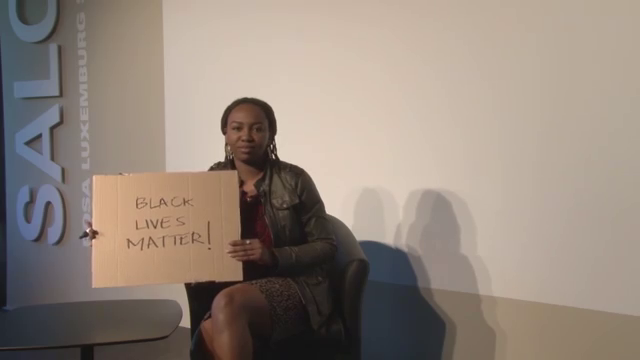
There’s a lot going on in the United States, right. So there’s a legacy of structural racism that’s been impacting Black communities in the United States ever since we were kidnapped from Africa and brought to the United States. And so what we’re seeing today is actually a continuation of the racist policies and practices of the United States. We’re seeing state-sanctioned violence with impunity on black people.
One very interesting addition to the public space is how we are conditioning and defining the public space with regards to eventual attacks. And it’s changing the landscape radically. And the very first knee-jerk reaction was concrete blocks in front of many institutions. Now they’re trying to design these concrete blocks so they seem something which is part of the landscape but the presence and the robustness is still so violent that it’s hard to hide the intention.
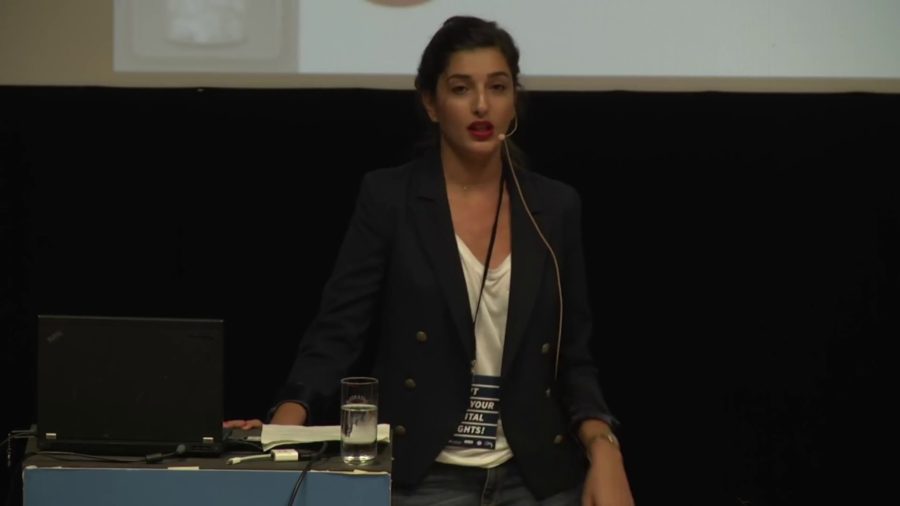
We have been documenting and researching into human rights or digital rights violations that are taking place in Palestine and Israel. And one of the most recent case studies or work that we’re looking into is the use of predictive policing by Israel, which is rather a sensitive issue given that there isn’t a lot that we know about the subject.
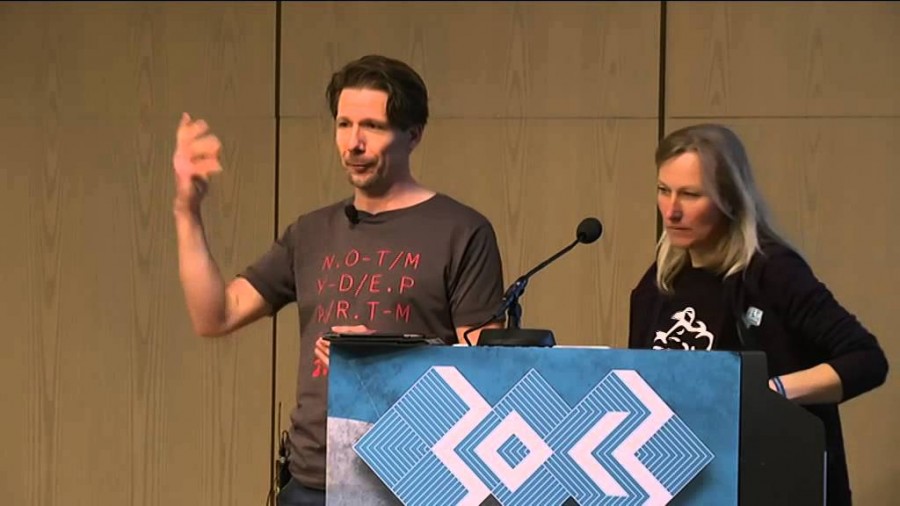
We have to be careful about distinguishing between mere analogies linking the Romantic period to our own age that maybe don’t have any useful analogs, and those that do have some continued operational relevance. Because it is the case that Romantic writers like John Keats, Mary Shelley, William Wordsworth, philosophically modeled and to some extent thought through many of the debates and issues that we’re currently having as we seek to shape the contours of our future societies.
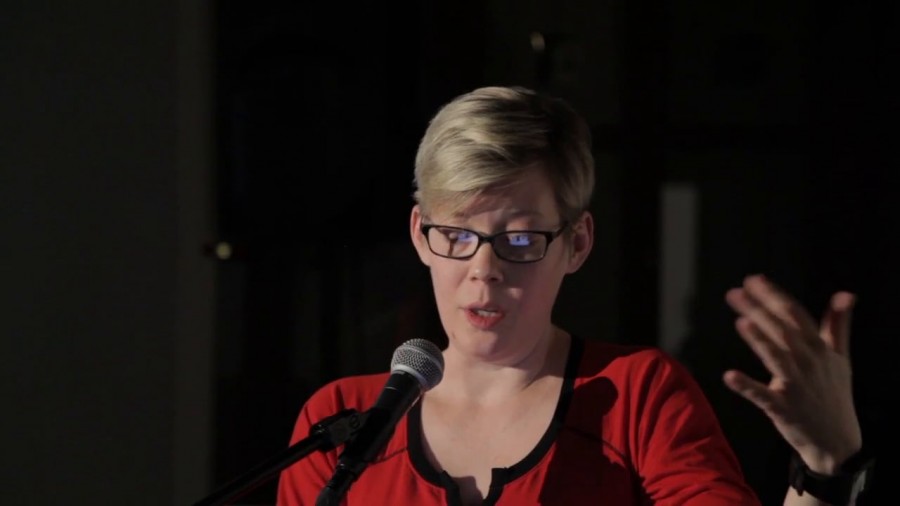
Almost a year ago, I put my heartbeat online, and along with my heartbeat an accounting of all the days I’ve lived, and the days I statistically have yet to live, along with my average heartbeat for each day. So I was playing with the idea of privacy. Here’s this very intimate measure, in a way. But I’m not worried about sharing it because there’s not much you can learn about me from my heart rate.

